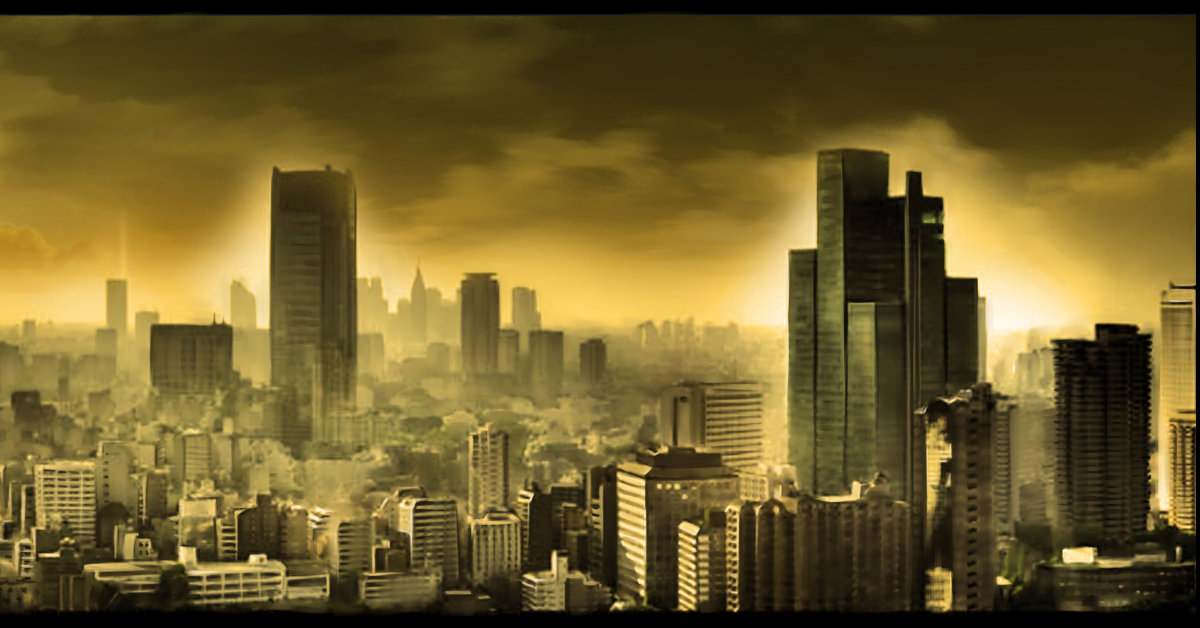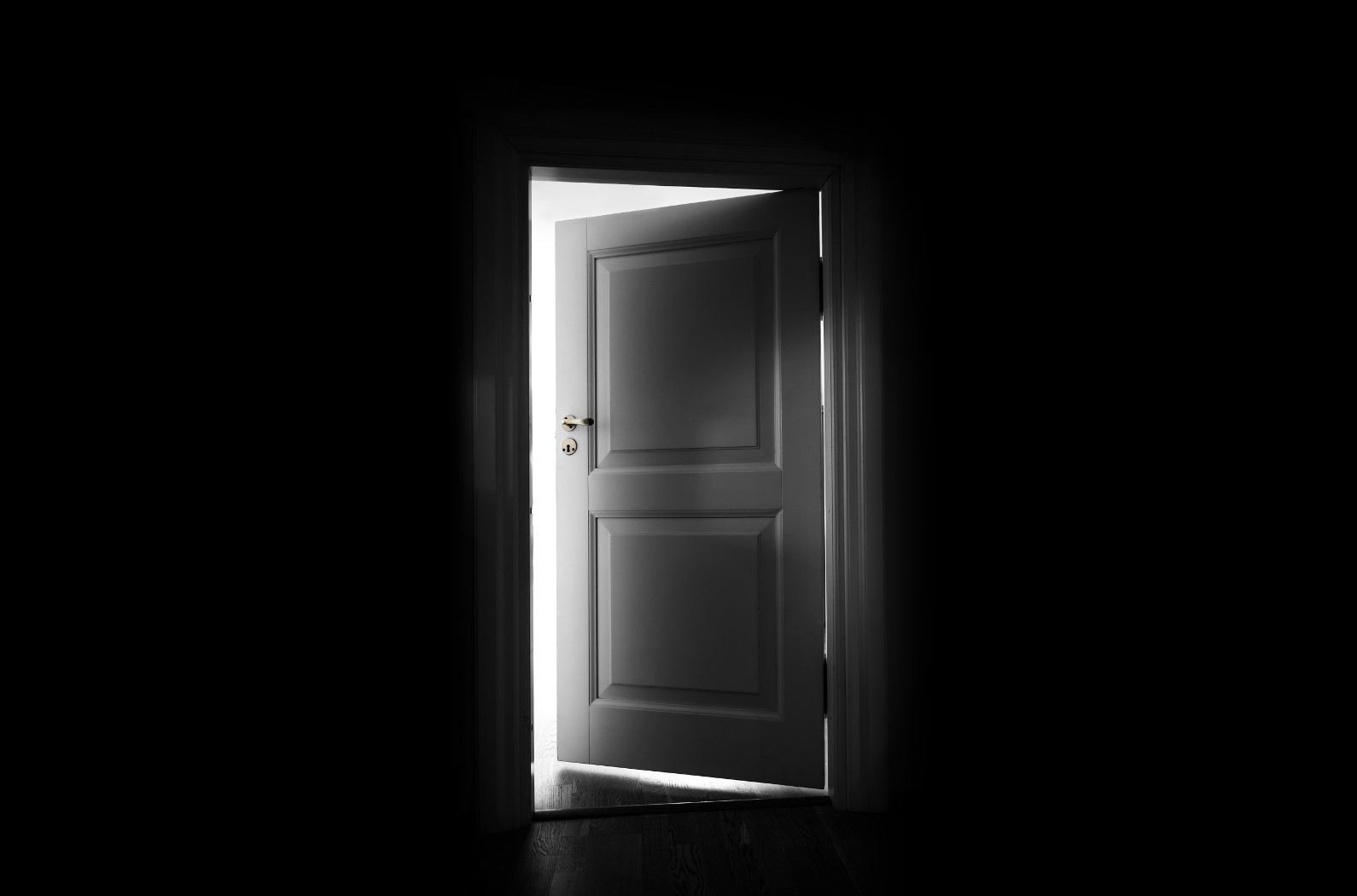Aftermath

This is a companion piece to another story, “Fallen,” which you can read here.
When the Invaders were defeated, we thought the war was over. Once again, we were our own masters, capable of determining our own destiny. But now, here we are more than a decade later, and the world is just as cruel, just as barren as it was when our former conquerors remained in power.
I stare at a shimmering sky, the sun a blot of crimson fire, and dream of what life was like before the war. Before we learned of other worlds and the beings who inhabited them.
Before the Invaders.
I remember movies. TV. The Internet. I remember hamburgers and french fries. The ocean. The simple joys of leaving work before sunset or strolling by the courthouse in Downtown Long Beach after lunch. There are a million other things, all random creature comforts I never had the foresight to appreciate until the Invaders wiped them all away.
The sight of a bloated sun suspended over the horizon makes me sick, and I turn my back to it, my body casting a long, razor-sharp shadow across the crumbled, overgrown sidewalk. I try to think on happier times, but evidence of the Invaders surrounds me at every turn.
Ruined sky scrapers jut into the blood red sky like monster’s teeth, broken glass glittering, twisted support beams looming. In the movies, we used to imagine precisely this scenario, munching on our popcorn, our malt balls, and our Sour Patch Kids, secure in the belief that Armageddon was only a distant fantasy, that there was no way the universe could conspire against us in such a severe and irrevocable way.
We were like children: simple, naive, and oblivious to the horrors reality had yet to spring on us.
The sun begins to set; the world is on fire once more. The brackish light assaults me, unleashing a rapid-fire succession of memories, each more grisly than the last. I push them away with some effort, back into a dark corner of my mind where they’ll emerge later to haunt my dreams.
Our settlement is close, only a half mile. One of the few dilapidated apartment buildings that survived the war, it’s where my friends and I spend the night. It isn’t much, but shelter is hard to come by, and it’s a comfort just to have somewhere to call your home.
I hear a harsh gurgle below and recoil. Laying on the broken cement beside my feet is a creature, grasping at a splotched and bloated neck. My God! How could I have come so close to it without realizing?
Cast in the fiery light of sunset, the broken Invader still appears menacing, a looming specter ready to pounce the moment my back is turned. I shake my terror aside. It’s dying. It can’t possibly be a threat.
“Not so powerful now,” I say, and then I stop to stare.
Its misery conjures in my heart the tiniest pang of sympathy. But the emotion is short lived. This thing, along with the rest of its kind, stole the world from us, murdering hundreds of millions of people in the process. It deserves all of its anguish and more.
But the sight of its swollen, puffed up eyes reminds me of my mother, whose life was mercifully (or not so mercifully) cut short before the Invasion began by an aggressive form of breast cancer. During her last days, her eyes looked the same: red, swollen, and tear-streaked.
I cannot help myself. Pity blossoms in my heart like a sorrowful flower.
I see, in this filthy creature’s eyes, something like remorse. I want to insult it. I want to make it feel hated in its final moment of life. But I cannot. My weary, war-torn heart won’t allow it.
I kneel beside the creature, cautious. Pity doesn’t make me stupid. I know what it’s kind inflicted on the world and I maintain a safe distance. But I cannot leave it alone any more than I could leave a human stranger.
When our scientists released into the atmosphere the gas that ended the war for good—an otherwise harmless compound that was lethal to the Invaders—we celebrated.
The world was broken, but for the next few nights, at least, people lined the streets, shooting fireworks into a bruised and swollen sky, while one by one, the Invaders fell, clutching at their useless, air-starved throats.
At the time, I rejoiced with everyone else. Now, faced with this pitiful creature, I find in my heart only a dull and weary ache. The world has known enough war for a hundred generations, and if our species is to survive, we’ll have to embrace love and forgiveness going forward.
At this pivotal point in human history, Earth teeters on a precipice. So I stay, long into the night, and I clutch its withered hand in my own and wait with the Invader in silence until it breathes no more.
Enter your email address and click "Submit" to subscribe and receive The Sign.
